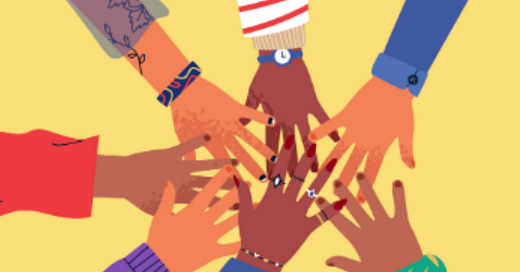Greetings, folks. Today I have the lead piece in the current edition of Current, which assesses the legacy of the Claudine Gay controversy as a study in cognitive dissonance—the way we continue to affirm propositions that appear to be in evident contradiction of the facts. Actually, I don’t think this is necessarily a bad thing. But it would be better if controversial ideas were avowed less as a matter of “trusting the science” (a phrase that often is selective or self-serving) or calling for reasonable discourse (which often relies on a priori assumptions) than a candid recognition that we all have fallible commitments to values that are a matter of belief, not empiricism. I aver that a frank recognition of the way faith governs our notions of common sense would improve our secular discourse—and, perhaps, our behavior. Be interested to know what you think. —Jim
Discussion about this post
No posts




I take your point, Doug. What I was trying to say is that there are also other ideals that advocates of DEI or reluctant to acknowledge, much less engage. Like freedom, for example. Or order. There’s a case for them to be as honored as equality.
Jim, I don't think the majority of critics of DEI object to the notion of equality as the highest moral good. They object to the notion of orchestrated equity as the highest moral good. Even life long liberals, myself included, find equity to be pernicious and ultimately harms both the historically oppressor group and the historically oppressed.